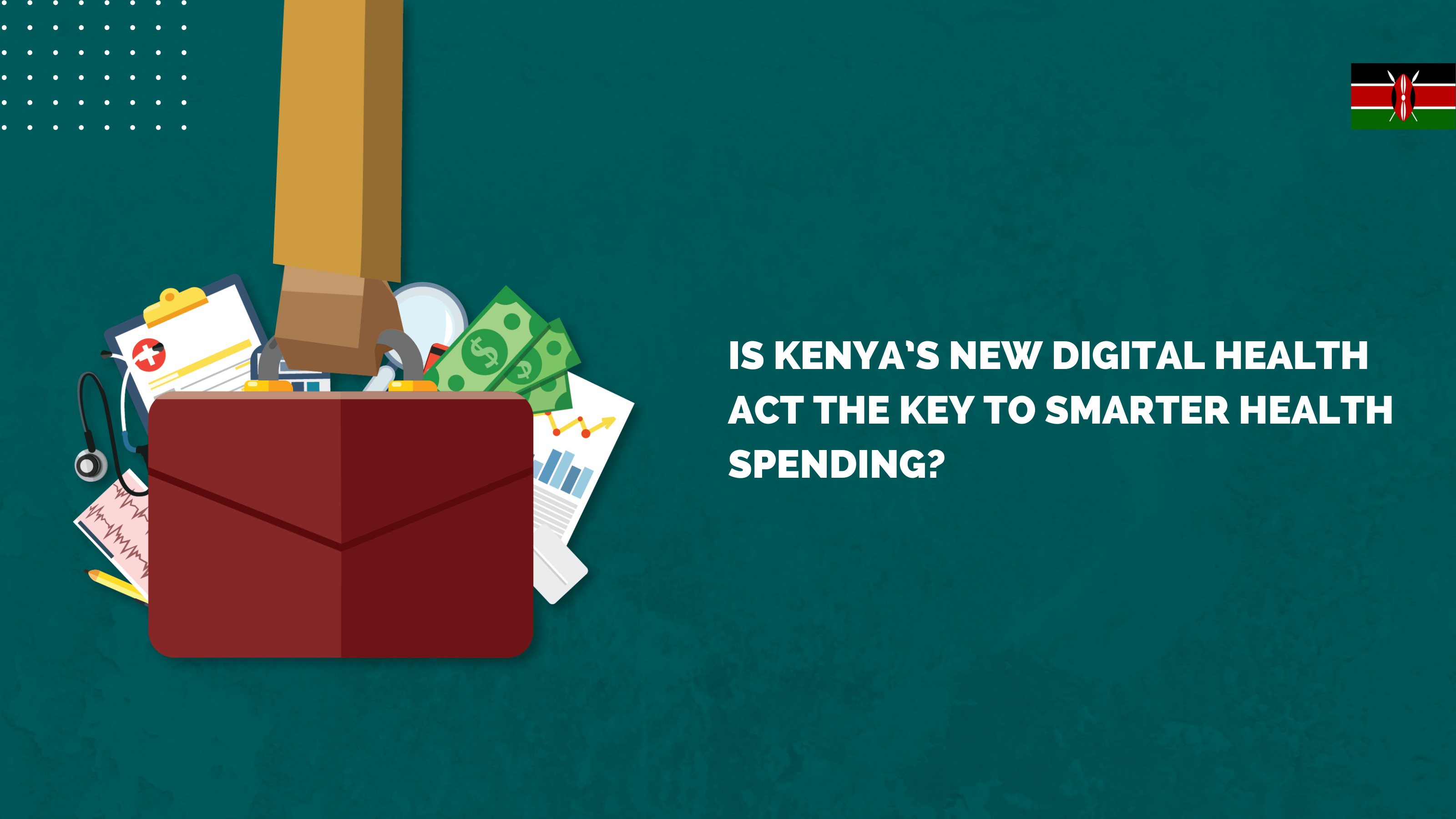Health purchasing, one of the functions of health financing systems, involves allocating pooled funds to health providers to deliver health services to the population. Purchasing can be passive or strategic with the former relying on historical expenditure and the latter relying on the use of routine data to decide what health services to purchase, what health service providers to contract and how to pay these service providers so that they are incentivized to provide quality health services to the population. Strategic purchasing can have numerous benefits to health systems including improving resource allocation, increased quality of services using contracts and incentives for health providers, enhanced equity by targeting priority populations, greater accountability and transparency by setting clear performance criteria and monitoring structures and overall strengthened health systems.
Effective strategic purchasing depends on the availability and access to quality health and financial data for decision making. Unfortunately, most LMIC’s lack robust and comprehensive health and financial information management systems to provide this data which significantly hampers the ability of policy makers to leverage the benefits of strategic purchasing. A scoping study conducted in 2019 using the strategic purchasing progress tracking framework reviewed the existing data and information systems in 11 African countries and their utilization in making purchasing decisions. Sadly, most of the countries showed fragmented health and financial information systems, poor data governance structures and inadequate availability of and access to health data for decision making.
Several LMIC’s are prioritizing improving the effectiveness of strategic purchasing by addressing the challenge of data availability and use by digitizing and improving governance structures of health data. For instance, Kenya enacted the digital health act in 2023 which introduces a comprehensive digital health framework to address the challenge of data availability, quality and access. Kenya has 49 health purchasing bodies – the Ministry of health (National), 47 the country governments and the national health insurance fund (now the Social Health Authority (SHA). Each purchaser has their own health information system, budget tracking system and the SHA has its own claims submission system to monitor health providers. The data collected is characterized by varying levels of quality and accuracy that draws information from public and private providers. Additionally, data systems from health services and financial information systems are not interoperable and hence policy makers have to spend time and resources to collate and analyze data.
The key features of the digital health act include:
- Establishing a Digital Health Agency and a legal framework for the Kenya digital superhighway, to develop and operationalize an integrated health information system that connects all levels of care nationwide.
- Creation of national and county health data banks to serve as centralized repositories for health information, ensuring that data from various sources are standardized, secure, and accessible to authorized users.
- Mandating regular data quality checks and audits, to improve the accuracy and consistency of health data
- Emphasizing the importance of interoperability and integration, requiring that all health information systems be compatible with the national system.
- Establishing principles for data governance, including data security, privacy, and ethical use.
These reforms address the challenges of data fragmentation, availability, access, and governance which reduce the effectiveness of strategic purchasing and have the potential to make significant impact in improving decision making for better health spending at both national and sub-national levels. Additionally, this reform will provide an opportunity for Kenya to leverage artificial intelligence for big data in the health data analytics which can improve health systems performance.
While digitization of data provides solutions and the Kenyan government is investing in bringing its dream of an operationalized digital data system online, several factors can hinder the successful implementation of this reform. For one thing, the digitization of health data will require a massive amount of resources and capacity strengthening. Infrastructure must be provided at national and sub-national levels and health workers and managers at various levels of the health system must be trained on the use of the new system. Additionally, there must be coherence between the technical and political support and consensus among key stakeholders to ensure that there are limited obstacles in the implementation process and different stakeholders take ownership of and invest in the new system.
While this reform provides the Kenya health system a unique opportunity to strengthen its data system and thus providing a solid foundation for the effective implementation of strategic purchasing to improve health outcomes, the considerations for implementation should not be overlooked as they can lead to the creation of parallel systems that consume more resources without achieving substantial results. However, the successful or unsuccessful implementation of this reform will provide useful lessons for many countries on the role of technology in advancing health outcomes.
AUTHORS

Ebubechi Nwaononiwu – Ebube is the Evidence Generation and Learning (EGAL) Technical Lead, and she supports the SPARC team with research, evidence synthesis, and dissemination of learning from SPARC projects.

Boniface Mbuthia – Boniface leads the team to support governments in implementing reforms on Strategic Health Purchasing (SHP) and its pivots on Primary Health Systems, Public Finance Management (PFM), Universal Health Coverage (UHC), National Health Insurance Schemes, Governance and Leadership.

